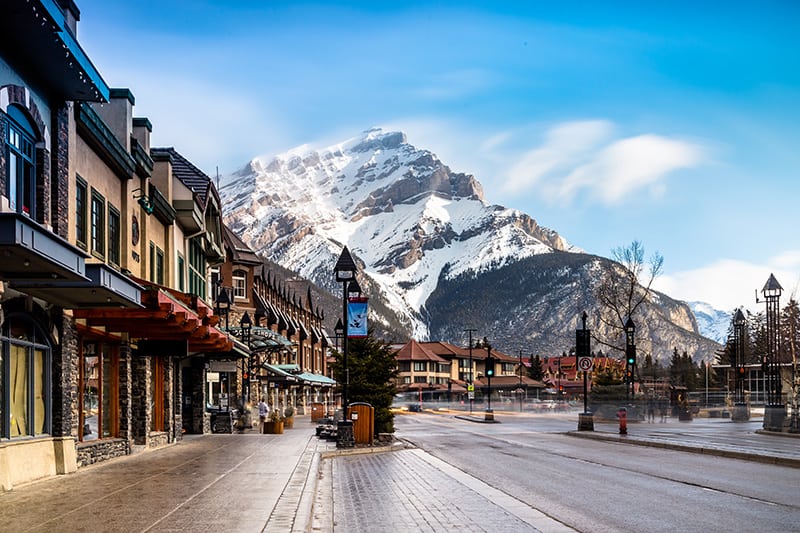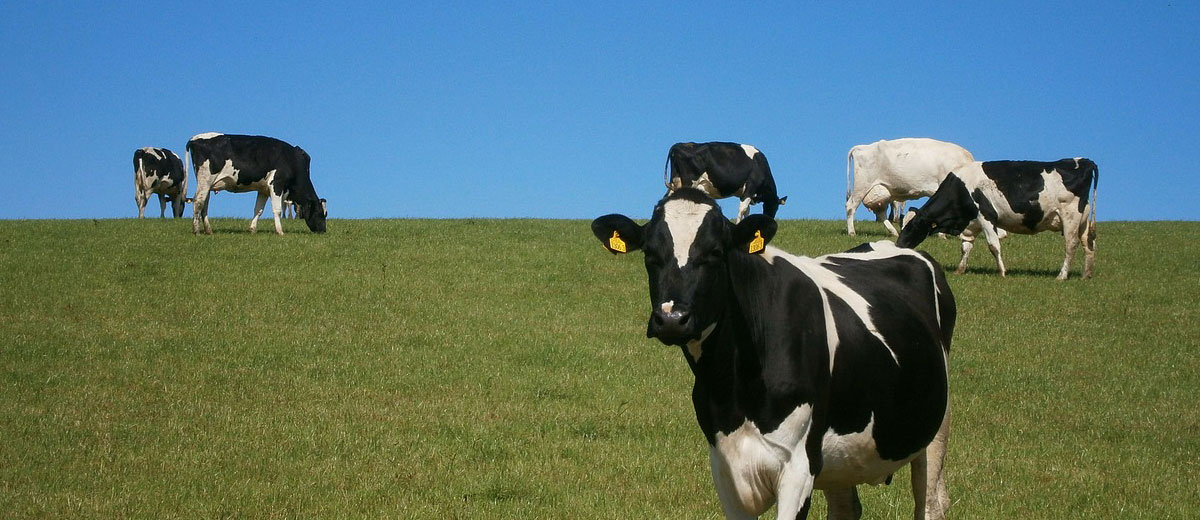
Parts of Canada Break Temp. Records This Weekend
Regions across Canada, including Alberta, British Columbia, and the Yukon Territory, are experiencing a notable increase in record-setting daily temperatures. The following is an update on the latest weather records shattered over the weekend, as reported by Environment Canada.
In Alberta, the 16th of March saw new daily high temperature records across the province, according to Environment Canada’s weather summary. For example, Banff, which has been monitoring temperatures since 1887, broke its previous March 16 record of 13.9°C (set in 1947) with a new high of 15.3°C. Similarly, Beaverlodge (with records since 1912) near the British Columbia border, recorded 14.4°C, eclipsing the former record of 13.5°C from 1985. Edmonton also achieved a new record temperature of 10.9°C, surpassing the old record of 8.8°C from 1981, with temperature recordings dating back to 1959.
In British Columbia, a high-pressure system led to temperature records being broken in many areas on March 16. Abbotsford, for instance, recorded 22.6°C, slightly higher than the 1947 record of 22.2°C, with records dating back to 1944. Bella Bella saw a significant rise to 20.7°C, far surpassing the previous record of 15.2°C set in 1988, with records kept since 1977. The Burns Lake Area, with records since 1949, reached a new high of 16.1°C, breaking the 1992 record of 11.3°C. Record-breaking temperatures were also observed in Squamish, Whistler, West Vancouver, and Victoria.
New Brunswick experienced a rise in temperatures on March 16 as well, with the Grand Manan Area matching its previous record of 8.5°C set in 2010, with temperature records dating back to 1962.
The Yukon witnessed daily temperature records being set in several areas on March 16. Burwash Landing Area, with records since 1966, reached 7.9°C, surpassing the 2018 record of 5.9°C. Carmacks, with records since 1963, recorded 10.2°C, exceeding the last record of 9.4°C from 2018. The Faro Area, Haines Junction Area, and Kluane Lake Area also saw new temperature highs, surpassing their respective records set in 2018.
It’s important to note that these records come from a selection of historical stations in each geographic area, and the data provided by Environment Canada does not represent a comprehensive or final report.








































